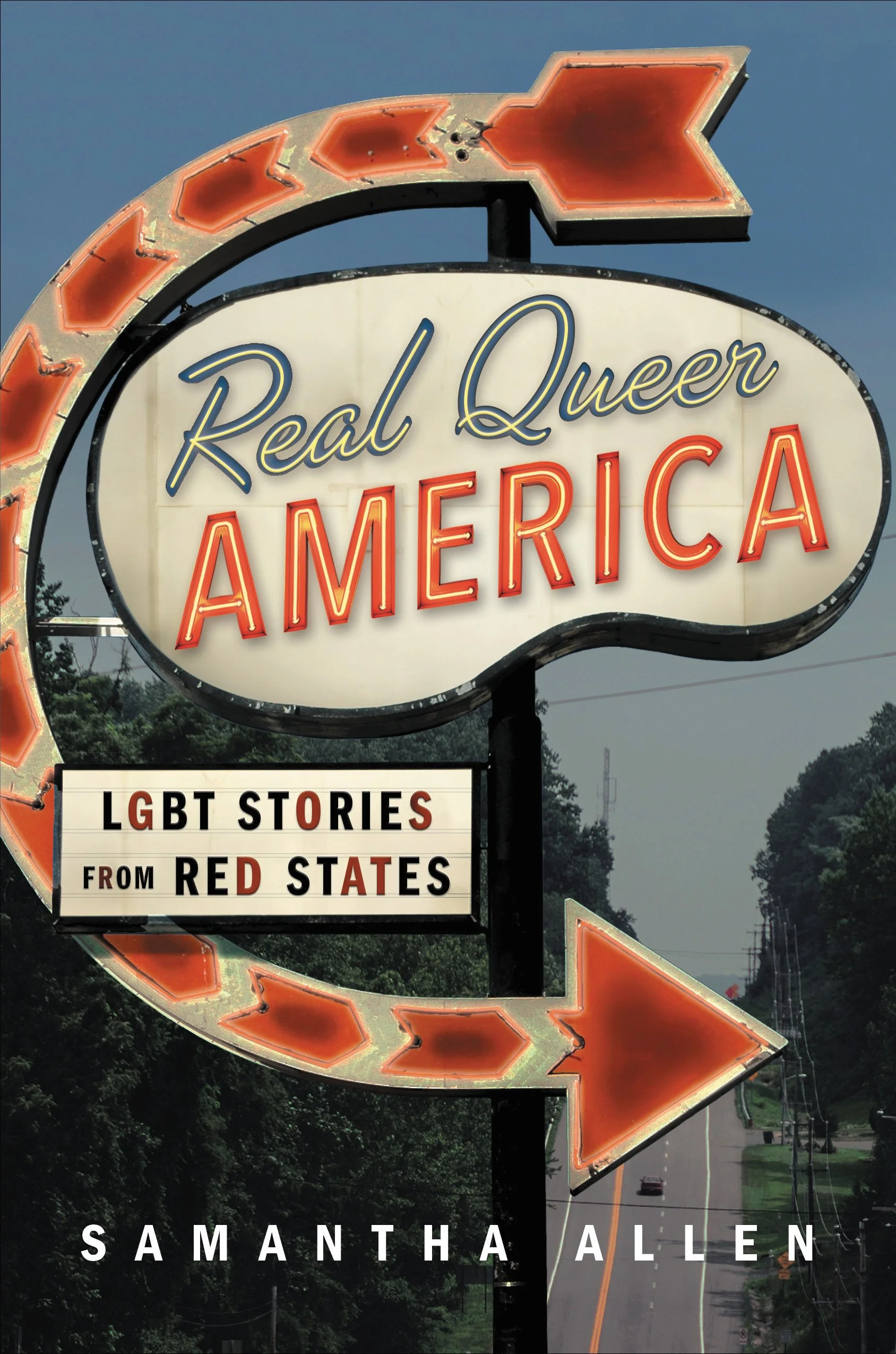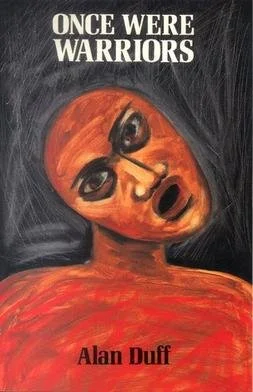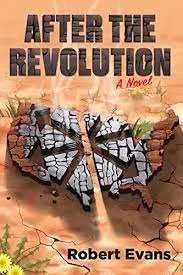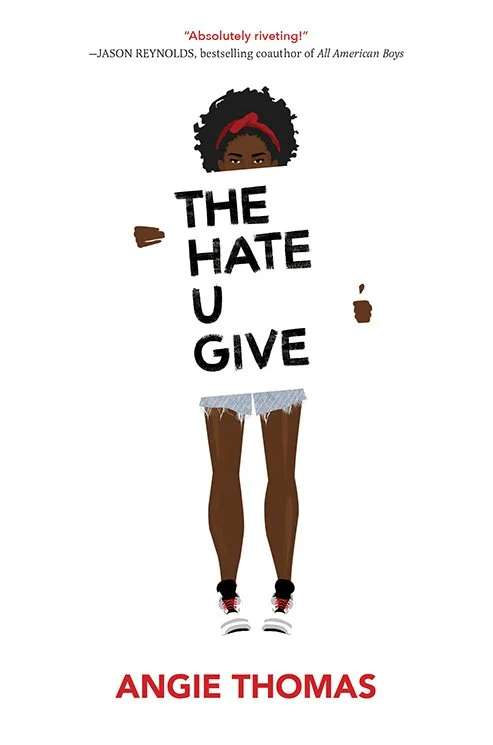Solito / Javier Zamora / 2022
Solito is a memoir recounting Javier's journey to the US, without his family, as a 9-year-old. I'll write a longer review about this book later, but my biggest notes are as follows: 1) the choice to recreate the voice of his 9-year-old self and the day-by-day timeline of his trek is extremely ambitious. The line between memory and imagination must blur somewhere along the way. It's painstaking, masterful, and deeply rewarding. I'm curious what historians will make of this book and how they will use it. 2) this is a work of environmental literature and I hope folks in environmental humanities champion this book. Young Javi's mind describes flora and fauna in exquisite detail. 3) I cried on the train listening to this book at least 4 times. 4) it took me months to read, honestly bc the 9 yr old voice and repetitiveness of certain parts of the journey became a bit boring at times, as it should when you're describing waiting in a hotel room for weeks in end until you wait for the next leg of the journey. Historically, that's important to mark. 5) there's discrepancies between Unaccompanied and Solito. Specifically, Chino dies in Unaccompanied and his whereabouts are left unknown in Solito. The first and second attempt crossing are flipped in Unaccompanied. This isn't a criticism. Memory is fickle, especially early childhood trauma. I'm really curious what Javi would say about this though. 6) this is an extremely poignant ode to Patricia and Chino, the adults who cared for him along his journey. It is a gigantic testament to the lengths humans will go to love and protect one another in the face of the worst the world has to offer (the soulless US immigration system). 7) this is the pettiest, most hilarious moment in the book for me: in his second attempt crossing, a journey that likely left dozens of migrants and a coyote dead in the desert, when his unit is separated from the group when Javi is delirious and potentially going to die of thirst, he says something to the effect, I am so thirsty I would even drink Mexican horchata. I bust out laughing on the train. That's how much Salvis hate Mexican horchata. We'll use one of the most heartrending moments of our magnum opus memoir to throw shade, and it'll be completely honest. Hats off, Javi. Peace be with you. 5/5















